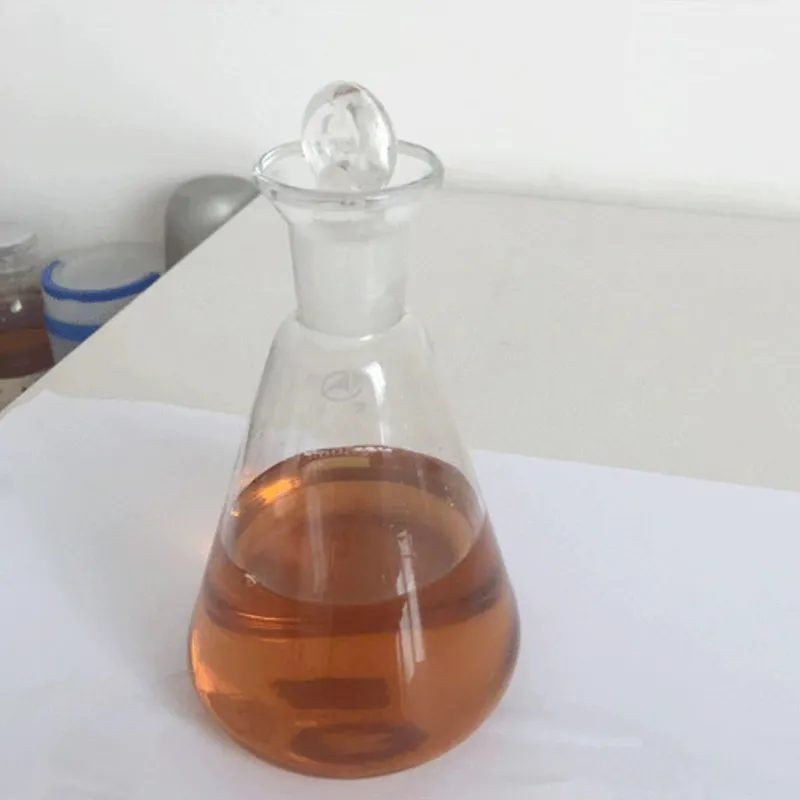
edible preservatives
The Role of Edible Preservatives in Modern Food Production
In today's fast-paced world, convenience is king. With consumers increasingly seeking ready-to-eat meals, snacks, and processed foods, the role of edible preservatives has gained paramount importance. These substances help prolong the shelf life of food products, ensuring that they remain safe for consumption and retain their taste, texture, and nutritional value over time. But what are edible preservatives, and how do they work?
Understanding Edible Preservatives
Edible preservatives are substances added to food products to prevent spoilage and extend shelf life. They achieve this by inhibiting the growth of microorganisms like bacteria, yeast, and molds, which can cause food to spoil. Preservatives can be categorized into two main types natural and synthetic.
Natural preservatives, such as salt, vinegar, and sugar, have been used for centuries. They work by creating an environment that is inhospitable to bacteria and fungi. For instance, salt draws moisture out of food, dehydrating it and curtailing microbial growth. Similarly, vinegar's acidity helps to lower the pH of foods, making them less favorable for pathogens.
On the other hand, synthetic preservatives are chemical compounds created to enhance food longevity. Examples include sodium benzoate, potassium sorbate, and sulfites. While these substances are often effective and widely used, their safety and long-term health effects are frequently debated among consumers and health professionals.
The Importance of Preservatives
The primary purpose of edible preservatives is to reduce food spoilage, thereby minimizing waste. According to the Food and Agriculture Organization (FAO), about one-third of food produced globally is wasted each year, with spoilage accounting for a significant portion of this loss. By using preservatives, manufacturers can ensure that their products reach consumers in peak condition, reducing the economic burden on producers and consumers alike.
Moreover, preservatives play a crucial role in maintaining food safety. Many microorganisms that cause foodborne illnesses can proliferate rapidly under suitable conditions. Preservatives help to mitigate this risk by preventing the growth of harmful pathogens, ensuring that food products remain safe for consumption throughout their intended shelf life.
edible preservatives

Balancing Safety and Consumer Preferences
Despite their benefits, the use of preservatives has prompted a notable shift in consumer preferences. In recent years, there has been a growing trend towards clean eating, with consumers increasingly seeking products free from artificial additives. This has led many manufacturers to reformulate their products to include only natural preservatives or to reduce the overall amount of preservatives used.
The challenge lies in balancing safety and consumer demand for less processed foods. While natural preservatives are perceived as safer, they may not be as effective in inhibiting microbial growth compared to their synthetic counterparts. As a result, food scientists are constantly exploring new natural alternatives and methods for preserving food, such as high-pressure processing, modified atmosphere packaging, and fermentation techniques.
Regulations and Safety Considerations
Regulatory agencies, including the U.S. Food and Drug Administration (FDA) and the European Food Safety Authority (EFSA), impose strict regulations on the use of preservatives. These organizations evaluate the safety and efficacy of both natural and synthetic preservatives, ensuring that they are used within safe limits. This scrutiny helps to protect consumers while allowing for the effective preservation of food.
It is also essential for consumers to be informed about the preservatives present in their food. Reading labels can help individuals make educated choices about the products they consume. Many manufacturers now provide clear labeling, making it easier to identify the presence and type of preservatives used.
Conclusion
In conclusion, edible preservatives play a vital role in modern food production, enhancing food safety and reducing waste. While there is a growing consumer preference for natural and minimally processed foods, the importance of effective preservation cannot be overlooked. As research continues and consumer preferences evolve, the food industry must strive to find a balance that maintains safety and quality while addressing the demand for cleaner labels. Ultimately, understanding the role of edible preservatives can empower consumers to make informed choices about their diets and health.
-
Comprehensive Guide to Acetic Acid as Preservative: Benefits, Uses & Future TrendsNewsNov.24,2025
-
What Is a Food Additive? Global Insights, Applications & Future TrendsNewsNov.24,2025
-
968 Sweetener: The Modern Solution for Health-Conscious SweeteningNewsNov.23,2025
-
Discover the Benefits and Uses of 965 Sweetener (Erythritol) | Tenger ChemicalNewsNov.23,2025
-
961 Sweetener - A Next-Gen Sugar Alternative for Health and IndustryNewsNov.23,2025
-
Understanding 960 Sweetener: The Modern Sugar Alternative for Health and IndustryNewsNov.22,2025
-
Everything You Need to Know About 955 950 Sweeteners – Benefits, Uses, and TrendsNewsNov.22,2025
Hebei Tenger Chemical Technology Co., Ltd. focuses on the chemical industry and is committed to the export service of chemical raw materials.
-

view more DiethanolisopropanolamineIn the ever-growing field of chemical solutions, diethanolisopropanolamine (DEIPA) stands out as a versatile and important compound. Due to its unique chemical structure and properties, DEIPA is of interest to various industries including construction, personal care, and agriculture. -

view more TriisopropanolamineTriisopropanolamine (TIPA) alkanol amine substance, is a kind of alcohol amine compound with amino and alcohol hydroxyl, and because of its molecules contains both amino and hydroxyl. -

view more Tetramethyl Thiuram DisulfideTetramethyl thiuram disulfide, also known as TMTD, is a white to light-yellow powder with a distinct sulfur-like odor. It is soluble in organic solvents such as benzene, acetone, and ethyl acetate, making it highly versatile for use in different formulations. TMTD is known for its excellent vulcanization acceleration properties, which makes it a key ingredient in the production of rubber products. Additionally, it acts as an effective fungicide and bactericide, making it valuable in agricultural applications. Its high purity and stability ensure consistent performance, making it a preferred choice for manufacturers across various industries.





